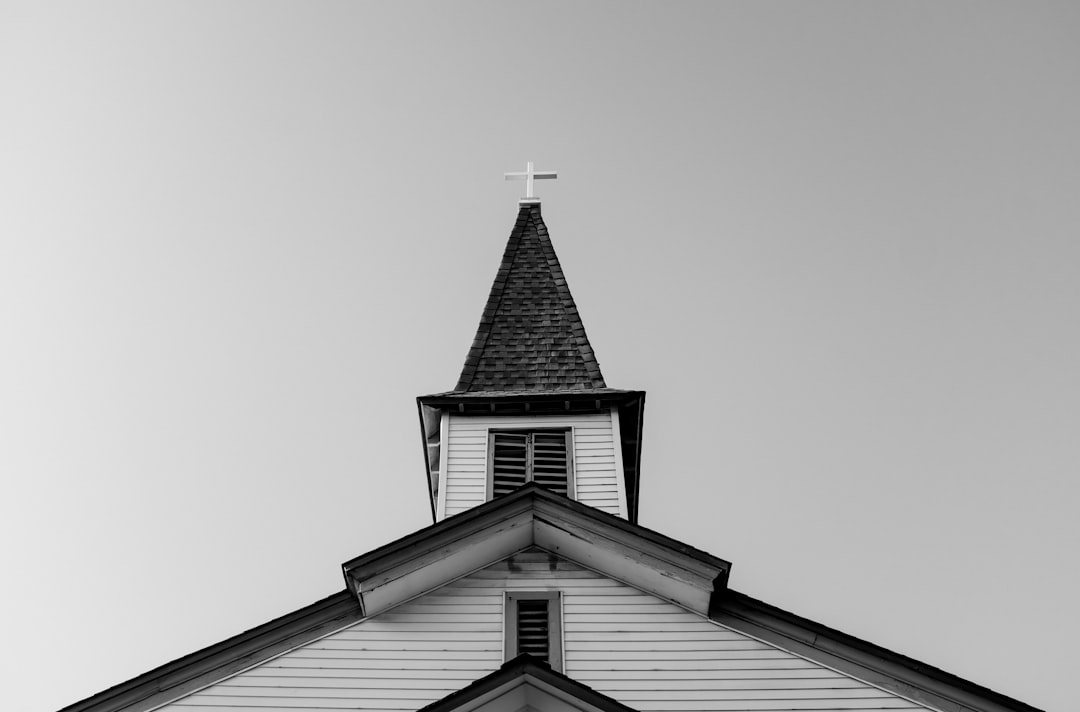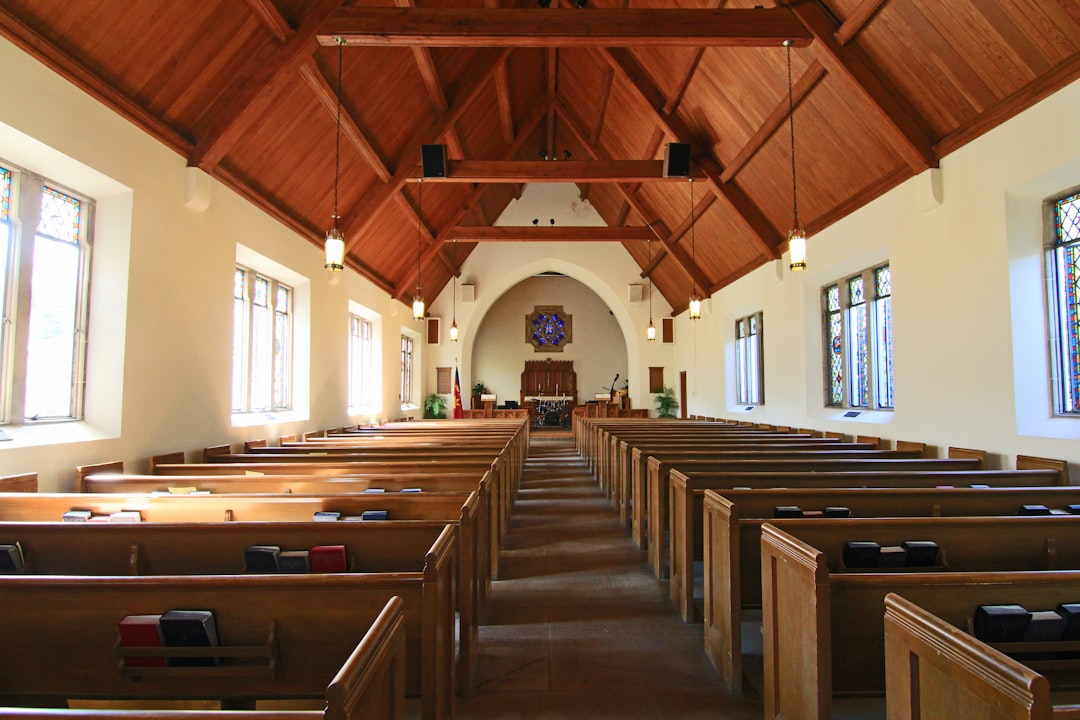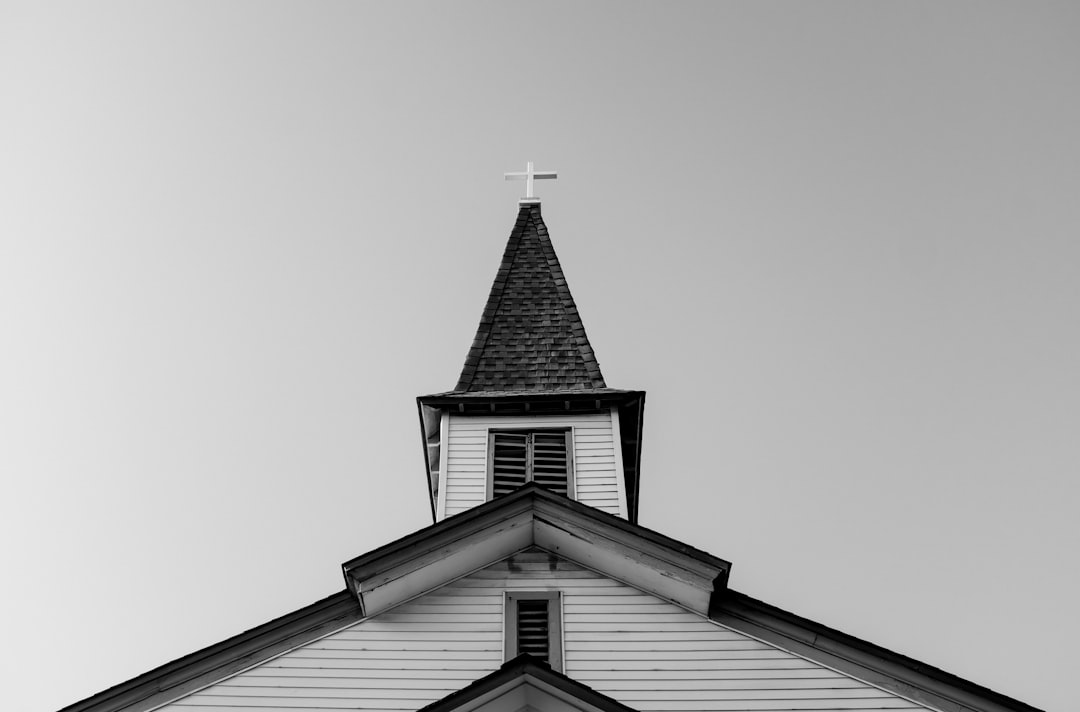Clergy abuse, often unreported due to trust, causes trauma and social withdrawal. In Arkansas, specialized clergy abuse lawyers guide victims towards justice and healing by understanding rights, navigating church policies, and pursuing legal action. Victims have specific legal protections and can seek financial restitution for harm suffered through civil lawsuits against perpetrators and institutions. Time limits apply, so prompt contact with an expert clergy abuse lawyer in Arkansas is crucial for the best outcome.
In the sensitive realm of clerical abuse, victims in Little Rock, Arkansas, deserve support and justice. If you’ve experienced harm at the hands of a spiritual leader, understanding your legal rights is crucial. This article guides you through the complexities, offering insights into clerical abuse, its impact, and the role of an expert clergy abuse lawyer in Arkansas. We explore how legal expertise can facilitate healing while advocating for victims’ rights, providing a roadmap to navigate this challenging journey towards justice and closure.
Understanding Clergy Abuse and Its Impact

Clergy abuse is a sensitive and complex issue that often goes unreported due to the trust and intimacy inherent in spiritual relationships. It encompasses various forms of mistreatment, including emotional, physical, or sexual harassment by religious leaders. This problem can have profound effects on victims, leading to lasting psychological trauma, loss of faith, and social withdrawal. Many individuals who experience clergy abuse may struggle silently, feeling shame or fear about coming forward.
In Arkansas, seeking help from a specialized clergy abuse lawyer is a crucial step towards justice and healing. These legal professionals are equipped to guide victims through the legal process while providing emotional support. They can help individuals understand their rights, navigate complex church policies, and pursue legal action against abusers, ensuring that justice is served and victims receive the compensation they deserve for the harm suffered.
Legal Rights of Victims in Arkansas

In Arkansas, victims of clergy abuse have specific legal rights and protections. If you or someone you know has experienced sexual abuse, emotional harm, or any form of misconduct by a religious figure, it’s crucial to understand your options. A skilled clergy abuse lawyer in Arkansas can guide you through this challenging time, ensuring your rights are upheld and helping you seek the justice and compensation you deserve.
Arkansas laws offer remedies for victims of clergy abuse, including civil lawsuits against perpetrators and institutions responsible for the harm. These legal actions can provide financial restitution for medical bills, therapy costs, and other related expenses, as well as non-economic damages for emotional suffering. It’s important to act promptly, as there are time limits on filing claims, so contacting a clergy abuse lawyer in Arkansas as soon as possible is advisable to preserve your rights and ensure the best possible outcome.
Selecting the Right Lawyer for Your Case

Choosing the right lawyer is a crucial step in any legal journey, especially when dealing with sensitive cases like clergy abuse. In Arkansas, where such incidents are taken seriously, it’s important to find an attorney who specializes in this area and has a proven track record. Look for a clergy abuse lawyer in Arkansas who possesses extensive knowledge of state laws and the unique challenges these cases present.
Experience matters; seek out lawyers who have successfully navigated similar cases before. This expertise ensures they understand the nuances, can effectively communicate with both clients and legal teams, and develop a robust strategy to achieve the best possible outcome for your case.
The Role of Legal Expertise in Healing

In the sensitive and often complex landscape of clergy abuse cases, legal expertise plays a crucial role in healing and justice. A skilled Arkansas clergy abuse lawyer understands the unique dynamics at play, both legally and emotionally. They guide survivors through the process, ensuring their rights are protected while navigating the intricate details of such cases.
Legal knowledge enables these specialists to help clients make informed decisions, understand their options, and seek appropriate remedies. By leveraging their expertise, they can foster a safe space for victims to share their stories and work towards healing. This dual approach—legal proficiency and compassionate support—is instrumental in bringing closure and promoting the well-being of those who have endured clergy abuse.





